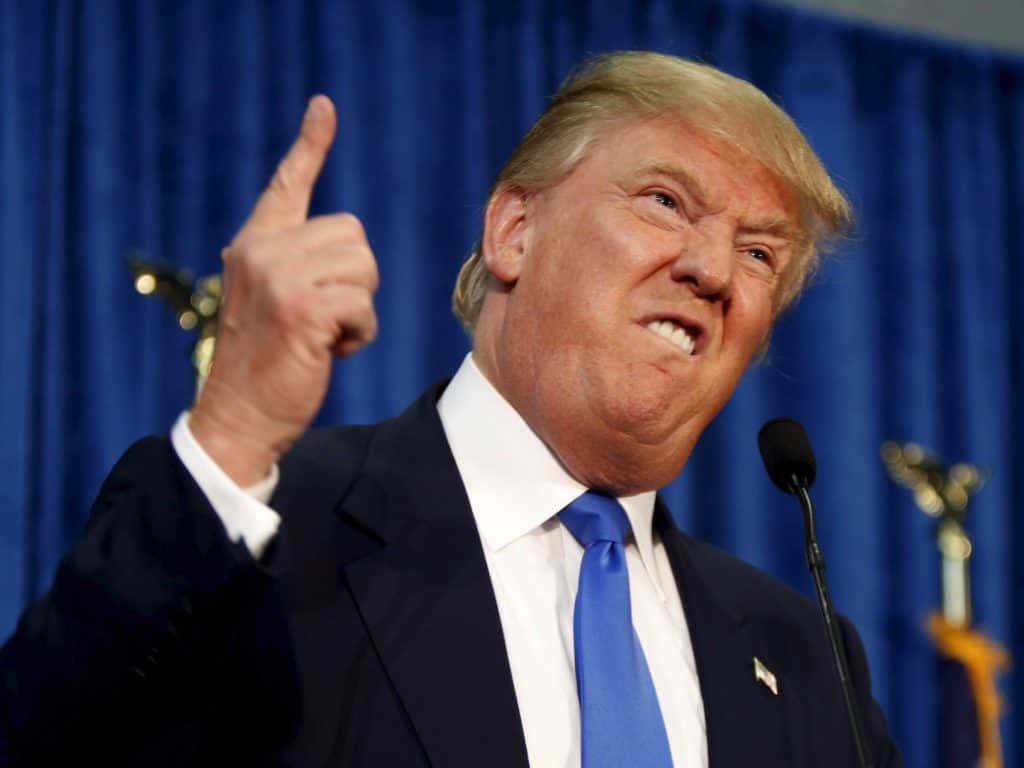Let’s start with Stalingrad. If you read Anthony Beevor’s book about the turning point of World War II, the impression is one of senseless waste.
Two dictators, who insist on taking every decision, immune to human feelings of compassion, wasting people in blood and suffering. That is the sheer inefficiency of dictatorship.
While it was happening, the philosopher Karl Popper was a refugee from the Nazis in New Zealand, working on the politics of the philosophy of science.
Popper came up with an interim answer to the problem David Hume had set two centuries before. You can’t prove that all swans are white no matter how many white swans you see – but you can disprove it. If you see a black swan.
Popper realised that meant that societies, governments, bureaucracies and companies work best when the beliefs and maxims of those at the top can be challenged and disproved by those below. That is how we learn.
Closed systems discourage learning – openness encourages it. That’s why Popper said that open societies are the one guarantee of good and effective government. Because human beings on the front line will always know better about their own lives or their own work than those at the top.
The more open you are to them, the flatter the hierarchy, the more the challenging information is available to move forward. There you have it: the antidote to Stalingrad and the key to modern Liberalism.
We don’t spread power because it is nice. We do so because hierarchies, mental tyrannies and centralised elites prevent that critical challenge from below.
So, if our institutions are flexible enough, human enough, flat enough and open enough to let in that challenge – not just in politics, but in welfare, in business – where the monopolies are obstacles as much as the tyrannies, then we can think clearly enough for genuine progress.
Now, I can’t help noticing this year that the only two topics I seem to write about are tickbox and the perils of political correctness. The second of these is rather risky string to play, given the current climate. But actually, both these two issues are not so far apart.
They are both about the replacement of real thinking with a kind of fake paint-by-numbers approach which operates like a policing of the mind.
Instead of genuine concern about slavery today, or the plight of minority groups, that gets replaced with a sort of ersatz concern about statues and the symbolism of previous generations. Instead of real care for patients or pupils, that gets replaced with an equally fake boulderisation or Mcdonaldisation, enforced by ticking boxes. Both get in the way of human progress.
And in the end this is more important than how much Trump may be manipulating the culture wars for his own various nefarious objectives.. Because if we can see things clearly, and dare to say so no matter what the consequences, then he will not succeed.
Our ability to see the world clearly and express it is partly the result of the sheer flexibility of the English language – which also feeds our delusions (see the various descriptions of excuses for torture carried out by the British and American military at Abu Ghraib and Guantanamo). It is also, I believe – and despite many hiccups through history – the best thing about our nation that we have been able to see and think clearly enough to follow Popper’s open society.
I am aware that we are living in a climate of fear about this. So when my friend remonstrates with me about my last blog, which I unwisely wrote along these lines, and we are able to have a reasonable, thoughtful argument about it, I feel a huge sense of relief. But I’m also aware of his nervousness as well as my own. We neither of us want to be misunderstood and be sent off to be non-people by an enraged social media mob.
For that reason, I claim the right to think as clearly as I can, and to defend the right to do so for everybody else – black, white, gay, straight or all those untold, unheard millions in between.





